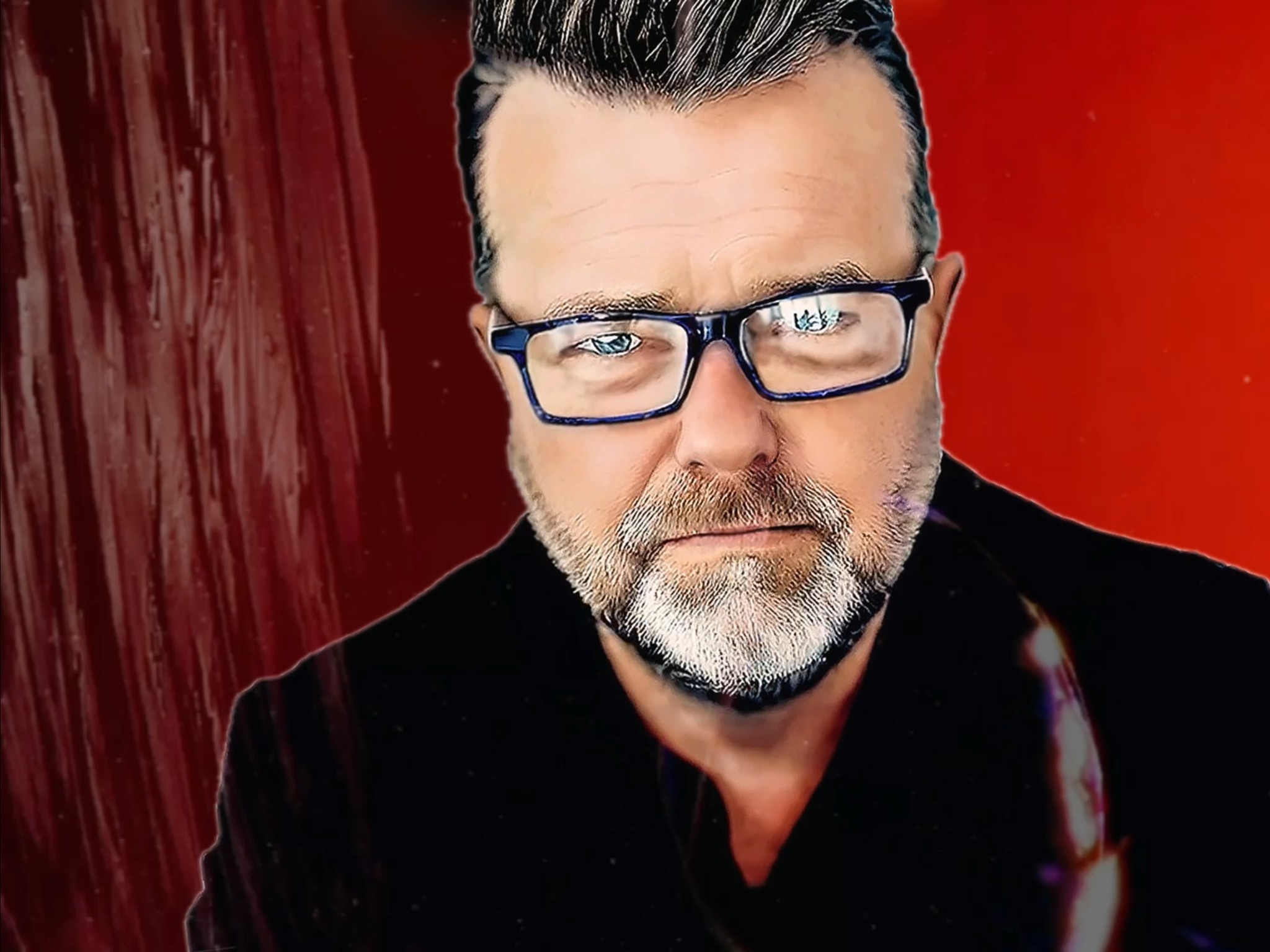If your partner’s ever shown up late to a family event because they lost track of time, or splurged on a spontaneous buy using your joint credit card, you probably already know how ADHD can impact your relationship.
But here’s the flip side: ADHD has its upsides, too—many people with ADHD bring unique strengths to their relationships.
Of course, when your partner jumps from one task to another without completing any or makes seemingly careless mistakes, it’s easy to get frustrated. But don’t lose sight of what makes them unique.
Relationships mean working with each other’s qualities, not against them. Part of building a strong, happy partnership involves accepting each other as you are. That doesn’t mean people can’t grow, but remember, ADHD doesn’t have a “cure”—only strategies to manage the symptoms. And besides, the idea of “curing” ADHD misses the point, since it has plenty of positives.
If you’re asking, “How do I handle my partner’s ADHD?” — don’t sweat it. We talked to therapists specializing in ADHD, and here’s their advice.
Understand What’s Driving Their Behavior
It’s easy to get annoyed if you think your partner interrupts because they don’t care. But what if you knew it was actually because of fear or the way their brain processes information? Would that make you more empathetic?
“For many adults with ADHD, there’s a fear that they’ll forget their thought,” says clinical psychologist Joshua Klapow. “They don’t want to lose their idea, so they might jump in before you finish speaking.”
Licensed psychologist Tirrell De Gannes adds that if it seems like your partner isn’t listening, it’s not because they’re ignoring you. They’re probably trying hard to take it all in but may get overwhelmed and lose the point.
This doesn’t mean you can’t hold your partner accountable. Gently calling them out when they interrupt or seem distracted is fair. But understanding the reason behind their behavior can help you take things less personally.
And while it’s great to read up on ADHD, you can always ask your partner directly: “Hey, I noticed you get distracted sometimes when I’m talking. It makes me feel like you’re not interested. What’s going on?”
“Remember, your partner’s brain works differently,” says Klapow.
Appreciate the Perks
Dating someone with ADHD has its perks. Recognizing these—both to yourself and your partner—can shift your perspective to a more positive one and give them a confidence boost.
As Klapow notes, people with ADHD are often spontaneous, bringing excitement and energy into relationships. “A partner with ADHD is usually up for adventure,” says De Gannes. “They also tend to hyper-focus when they’re invested, meaning they’ll be all ears when you need them.”
According to Tim Kleinknecht, a licensed clinical social worker, many people with ADHD also have creative minds, finding unique ways to solve problems and approach situations. And because they may have felt misunderstood due to ADHD, they’re often accepting and understanding of others.
Set Boundaries When Needed
Boundaries aren’t about controlling your partner—they’re about communicating your needs and respecting yourself in the relationship.
For example, if your partner is often late, you could tell them that if they’re not ready by the agreed time, you’ll head out alone and meet them there.
Brainstorm Solutions Together
Your partner has probably tried every planner, calendar, and tool in the book, and not all may work for them. Rather than imposing a system, work together to come up with one that suits them.
“If your partner often forgets things, consider using post-it notes or reminders in visible places,” suggests De Gannes. Or, if they struggle to leave the house on time, help them estimate how long they realistically need and encourage them to set a reminder.
Support Them in Seeking Help
While you can’t force them into therapy, you can support them in seeking it. If their symptoms significantly impact the relationship, a gentle, open conversation about how their behavior affects you can be helpful. Sharing your own experiences with therapy can also normalize the idea.
“And if you’re both struggling with ADHD’s impact on the relationship, couples counseling can offer a safe, neutral space to talk about it,” adds Kleinknecht.
If your partner’s ADHD symptoms are impacting their day-to-day, you may want to research therapists who specialize in ADHD so that if they’re ready to explore support, you already have options on hand.
Building a solid relationship with a partner with ADHD is all about understanding, patience, and sometimes a bit of creativity. With open communication, boundaries, and a lot of empathy, you can build a balanced and fulfilling partnership.









